Chinese study: Effects of probiotics on pig performance
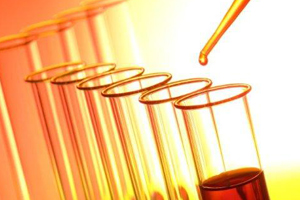
Research carried out by Chinese scientist suggests that the use of several dietary probiotics improved growth performance and enhanced immune responses at an early stage of the post-weaning period in piglets.
Used in the study were two types of probiotics, i.e. Lactobacillus plantarum GF103, Bacillus subtilis B27. The study aimed to evaluate the effects of probiotics on growth performance, faecal microbiota, and serum profiles in weaned piglets.
In order to assess the effects, 144 Large White × Landrace piglets, weaned at 35-37 days of age were selected and divided into four groups, and the piglets from each group were assigned randomly to six pens (replicates) with six animals each.
Each group was fed one of four diets for five weeks: A basal diet without antibiotics and probiotics (control), or the basal diet supplemented with one of the two probiotics as well as a mixture of the two.
During the first two weeks of the supplementation, the piglets supplemented with probiotics had lower average daily feed intake than control piglets. The feed conversion ratio, however, was improved in probiotic-supplemented groups compared with that of control. The population of E. coli in faeces of the piglets supplemented with L. plantarum was lower than that of control piglets.
On day 14, dietary supplementation using the probiotic mixture increased the serum concentrations of total protein, globulin, and creatinine, but decreased the ratio of serum albumin to serum globulin, compared with the basal diet.
On day 14, dietary supplementation with probiotics increased the serum IgM concentration compared with the basal diet. Supplementation of B. subtilis or the combination increased the serum IgA concentration at the end of the trial.
The article was written by Xiaoli Dong, Naifeng Zhang, Meng Zhou, Yan Tu, and Qiyu Diao, all attached to the Feed Research Institute at the Chinese Academy of Agricultural Science in Beijing; and by Kaidong Deng, Jinling Institute of Technology in Nanjing.
The article was published online at the website Animal Production Science this July.
Join 26,000+ subscribers
Subscribe to our newsletter to stay updated about all the need-to-know content in the feed sector, three times a week. Beheer
Beheer

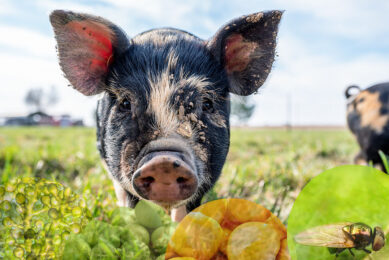
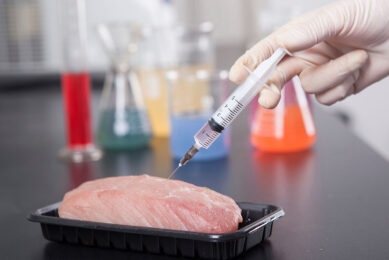
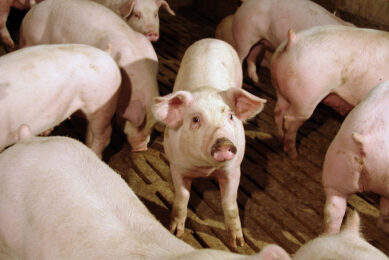
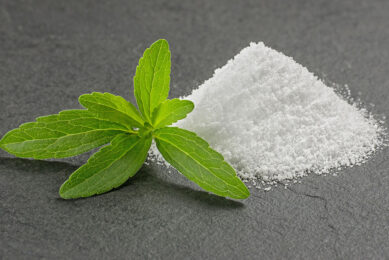




 WP Admin
WP Admin  Bewerk bericht
Bewerk bericht